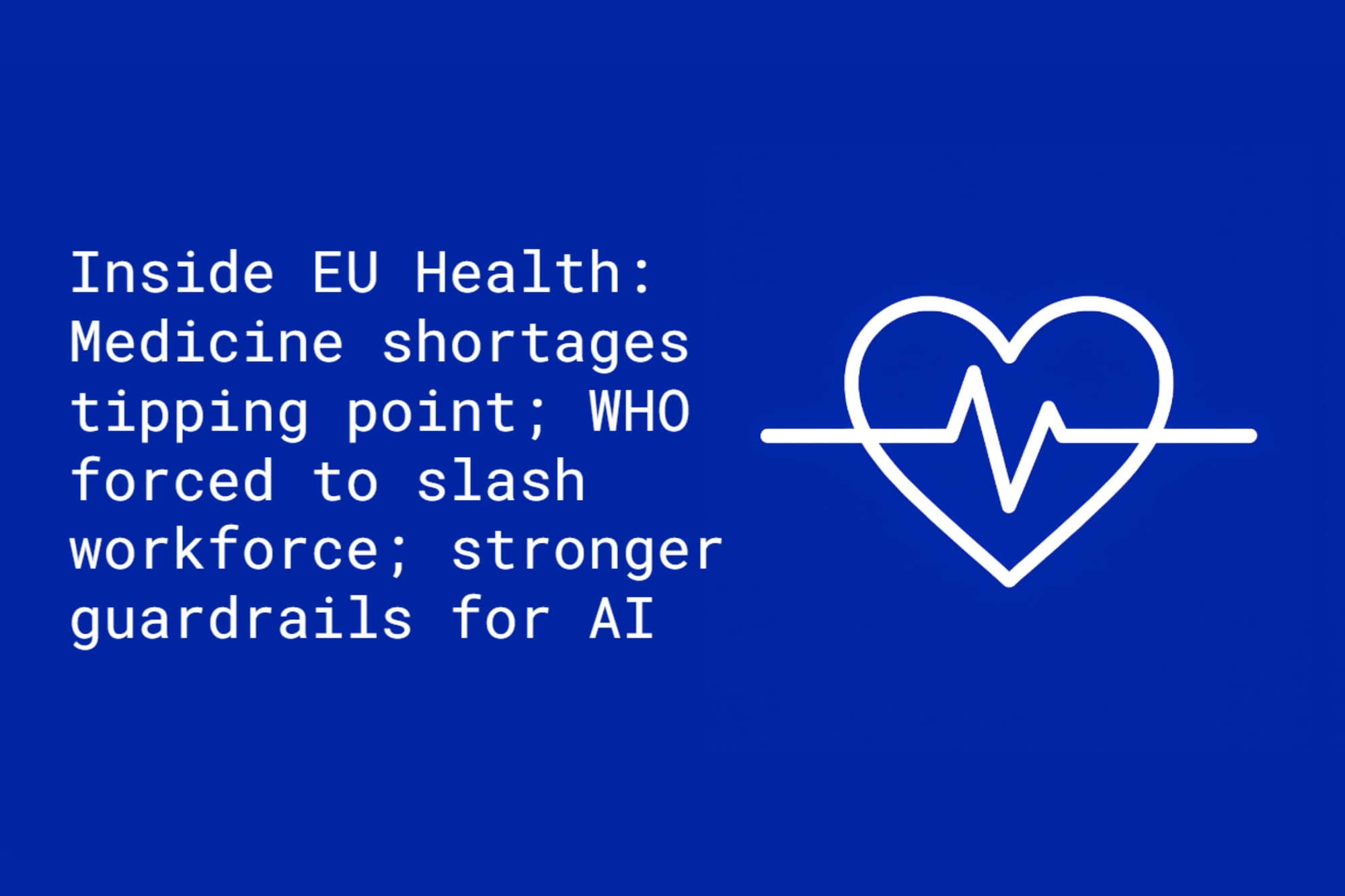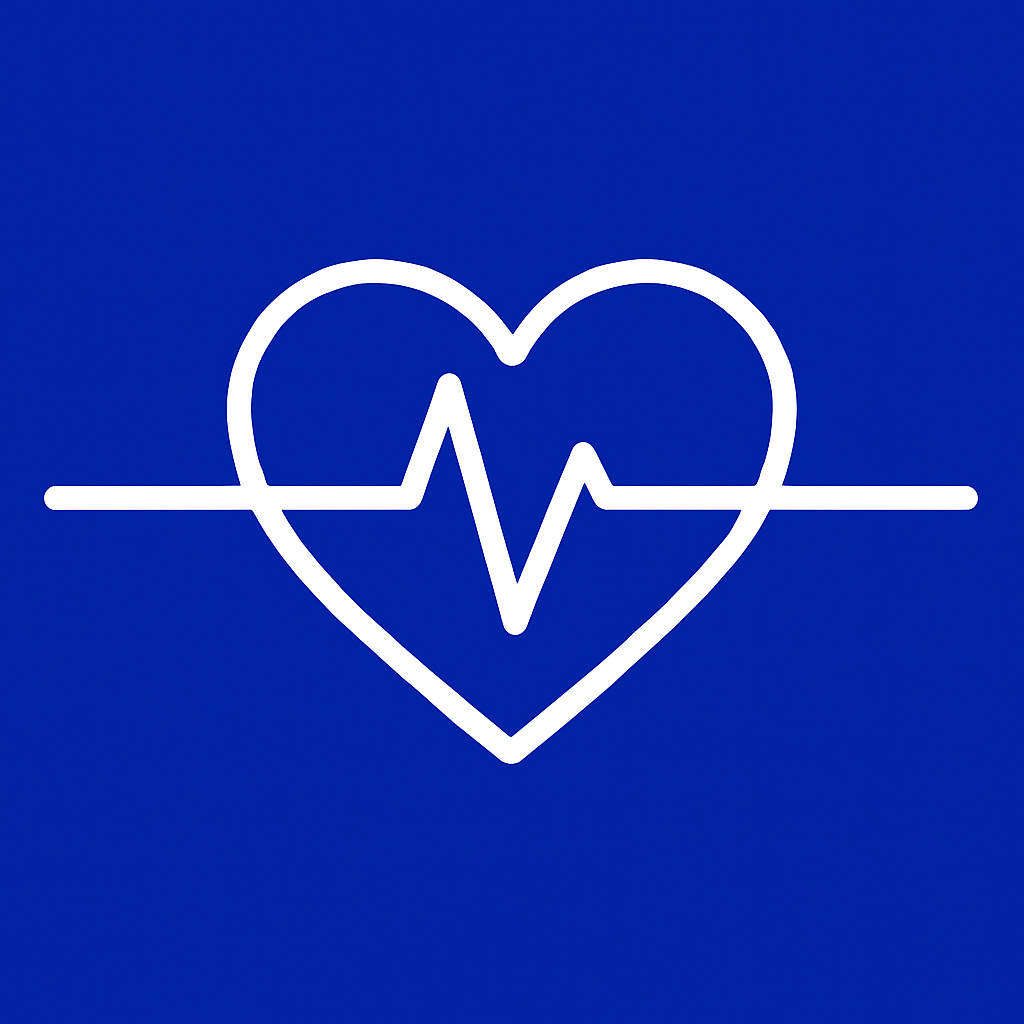Inside EU Health: Medicine shortages tipping point; WHO forced to slash workforce; stronger guardrails for AI
Medicine shortages tipping point; WHO forced to slash workforce; stronger guardrials for AI

Medicine shortage tipping point
Medicines for Europe warns that current pricing and procurement systems are driving shortages of essential off-patent medicines. In a study that looked at the situation of ten off-patent antibiotics, it was found that production costs had risen by more than 30%, while prices had actually fallen by more than 10%. This mismatch has forced suppliers out of the market, contributing to widespread shortages of key antibiotics such as amoxicillin and azithromycin.
The report urges major reforms, including inflation-linked pricing, minimum prices to prevent unsustainable undercutting, and procurement models that reward reliability, quality, and supply security. Without intervention, researchers warn that Europe is approaching a tipping point where patients’ access to critical medicines will continue to erode.

WHO forced to slash workforce
The World Health Organization (WHO) has been forced to make swingeing cuts following the US decision to end its membership, announced in January.
"This year has been one of the most difficult in WHO’s history, as we have navigated a painful but necessary process of prioritization and realignment that has resulted in a significant reduction in our global workforce," said WHO Director General, Tedros Adhanom Ghebreyesus.
The organization will lose just over a fifth of its workforce. More than a thousand posts will be removed due to retirement, or departures for other reasons, but a further 1,282 will be made redundant.
Stronger guardrails for AI
A new report from WHO/Europe warns that the rapid rise in AI healthcare is taking place without the basic legal safety nets needed to protect patients and healthcare workers.
Nearly all countries recognise the benefits of AI, with many already using some form of AI to reduce their administrative burden or improve disease diagnosis.
“WHO/Europe urges countries to clarify accountability, establish redress mechanisms for harm, and ensure that AI systems are tested for safety, fairness and real-world effectiveness before they reach patients,” said Dr Novillo Ortiz, WHO’s Head of Data and Artificial Intelligence.
The main concerns of the general population on the use of AI is safety, fair access and data protection.
WHO Regional Director for Europe, Dr Hans Kluge, says that without clear strategies, data privacy, legal guardrails and investment in AI literacy, we risk deepening inequities rather than reducing them.

